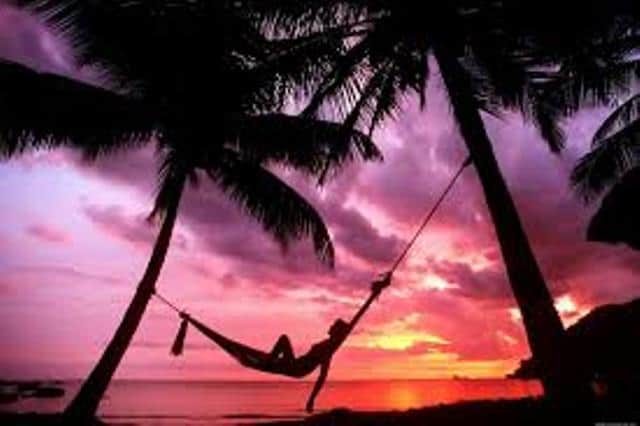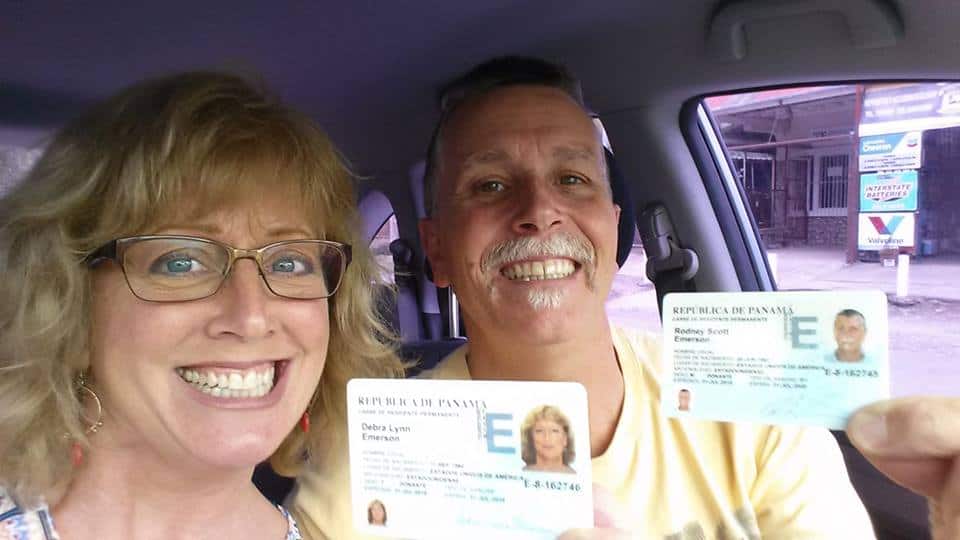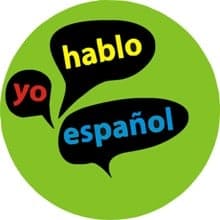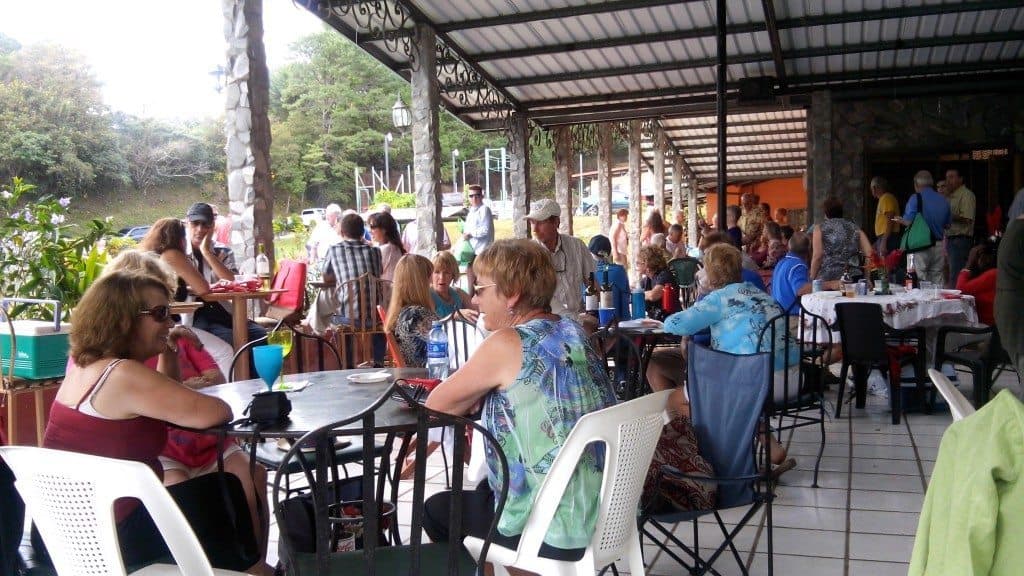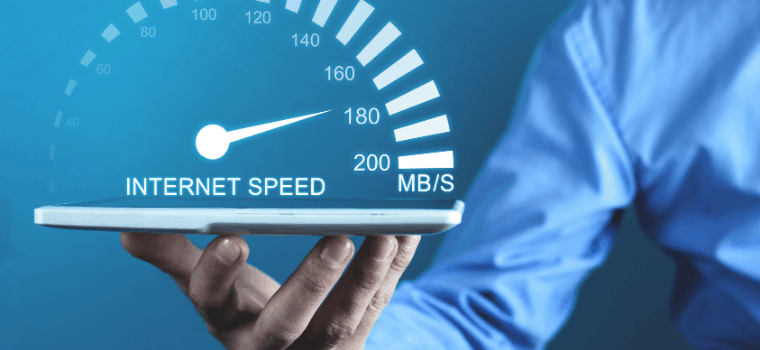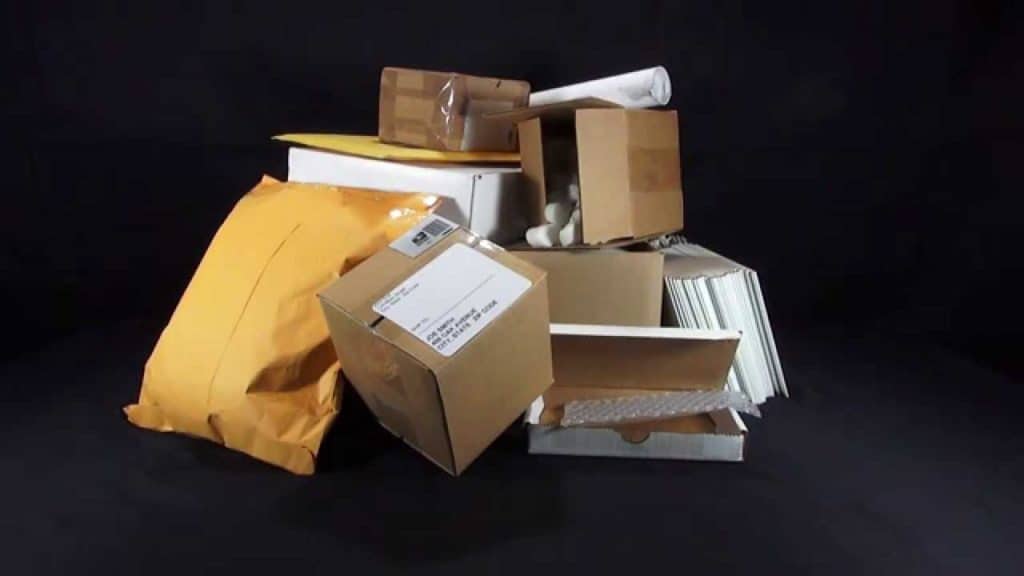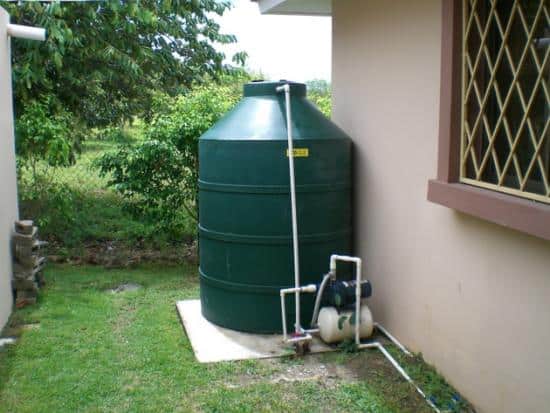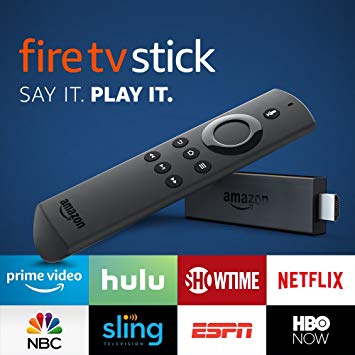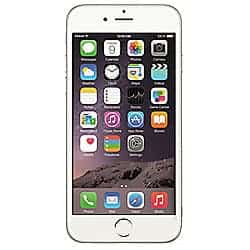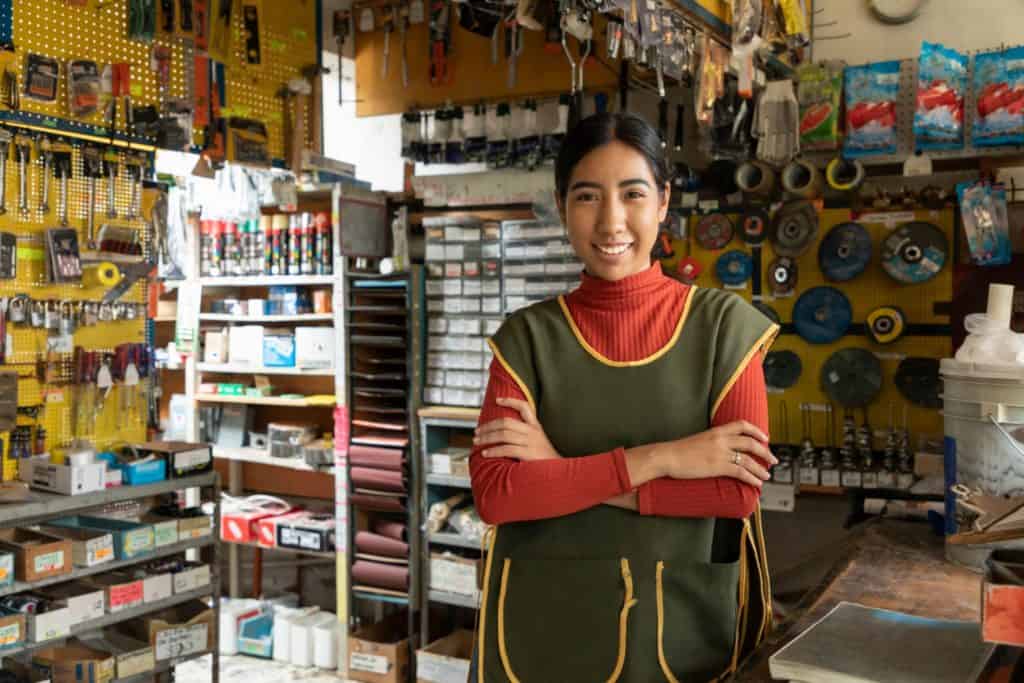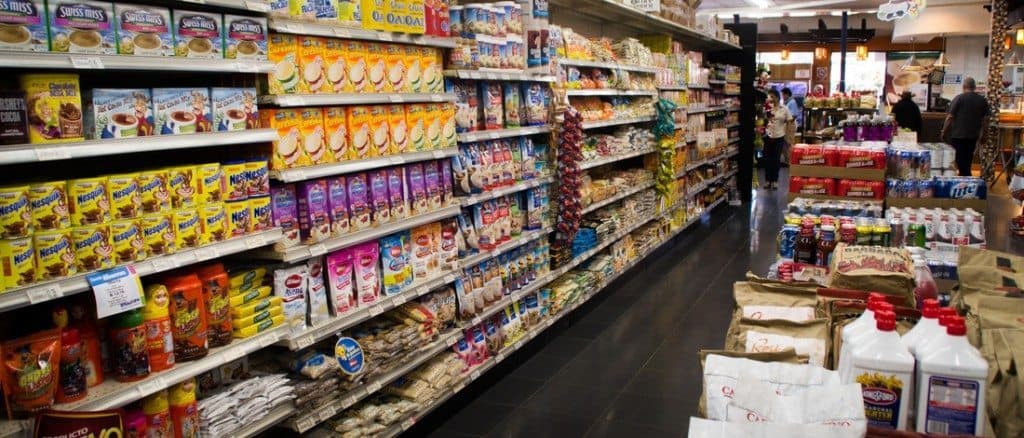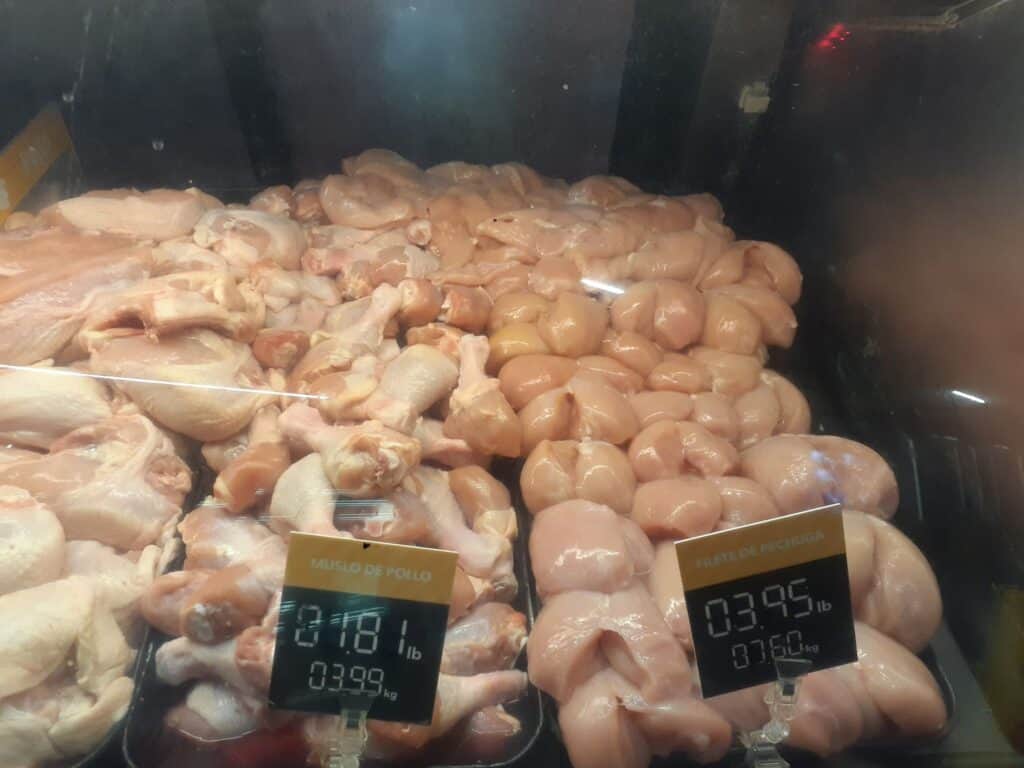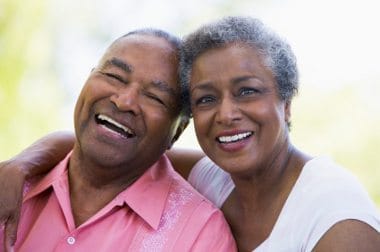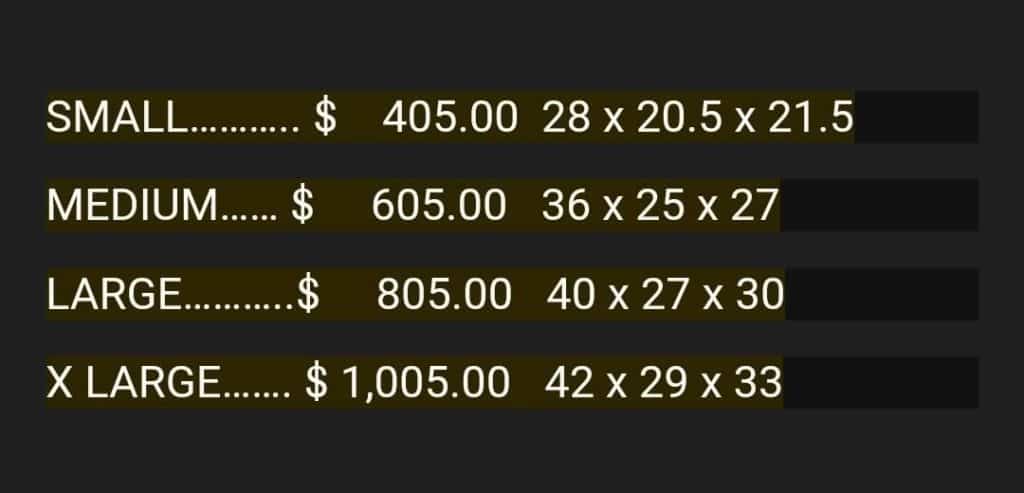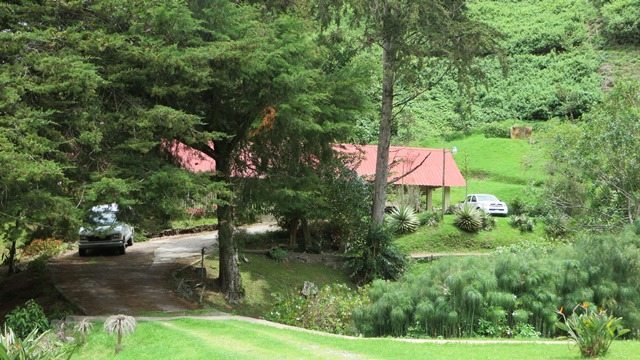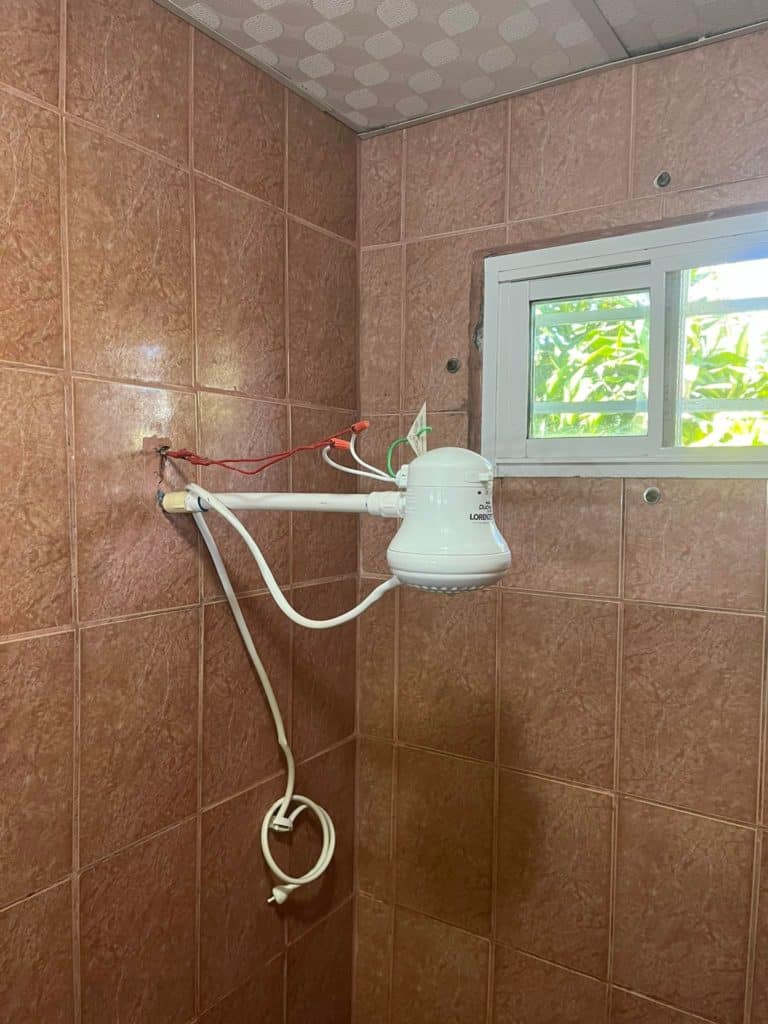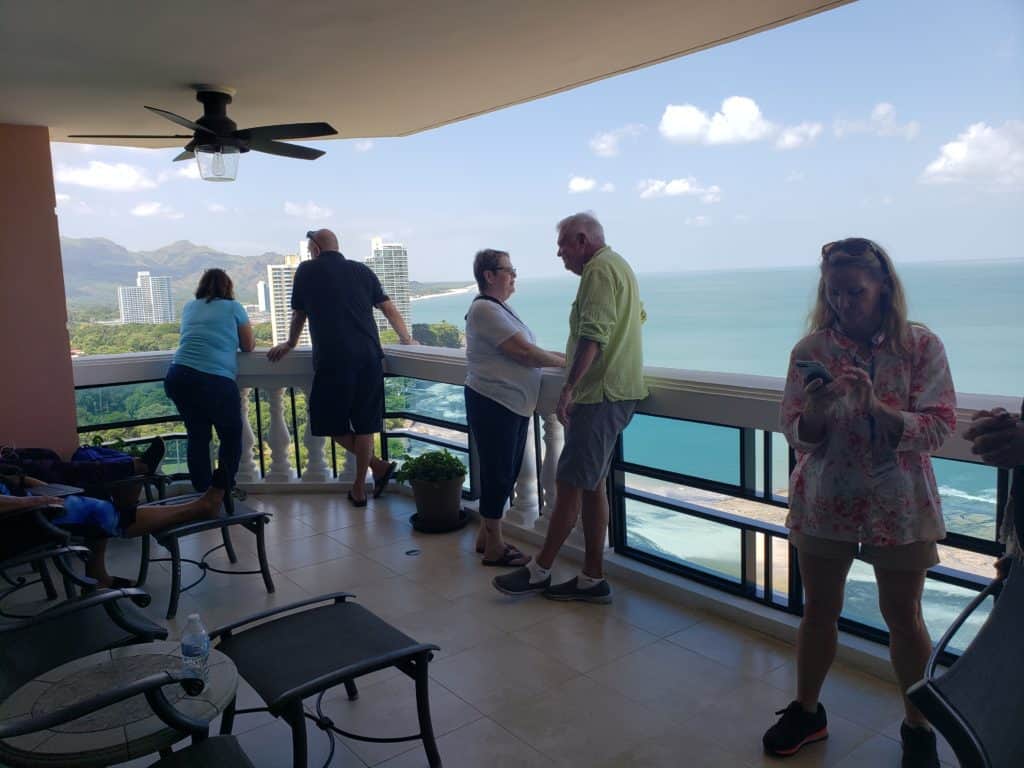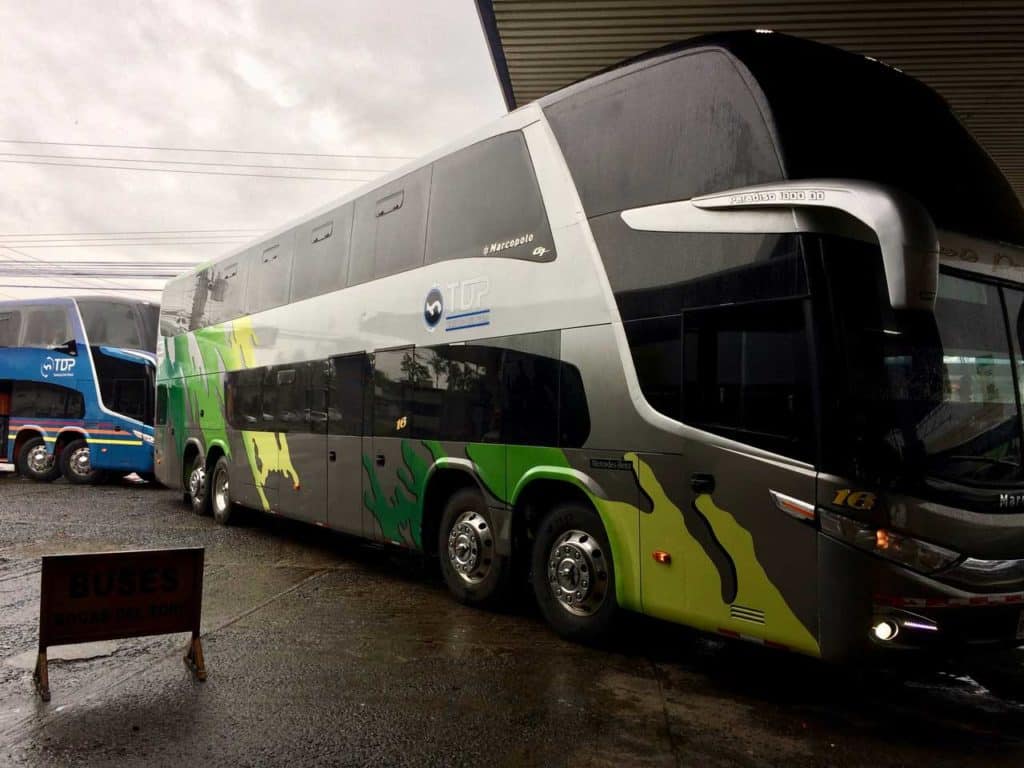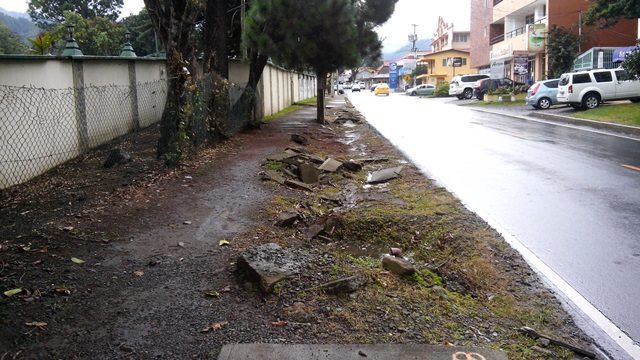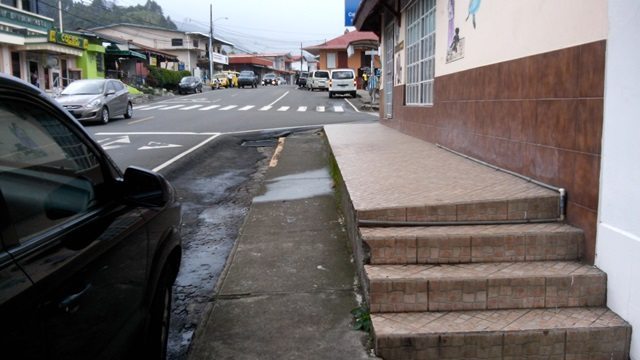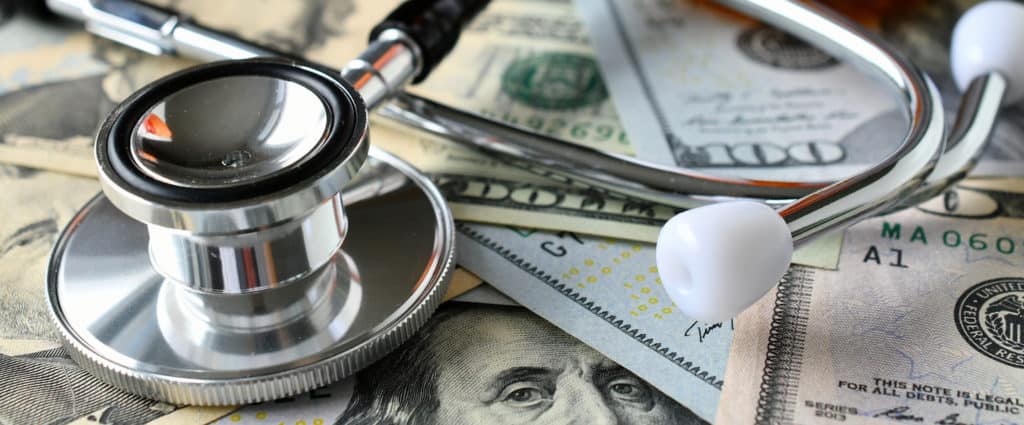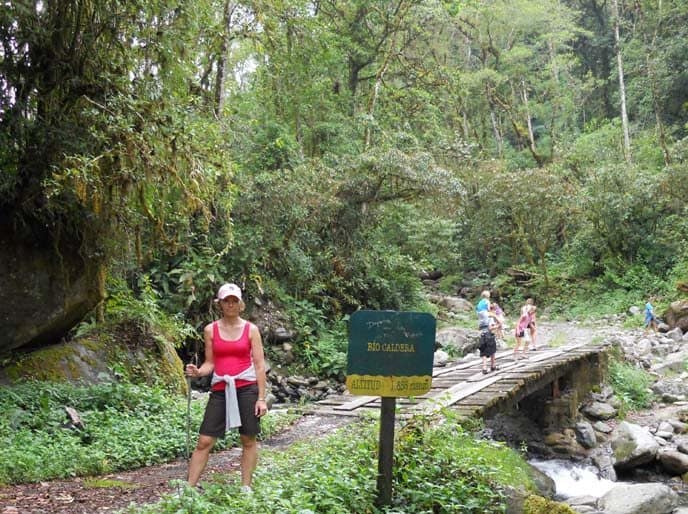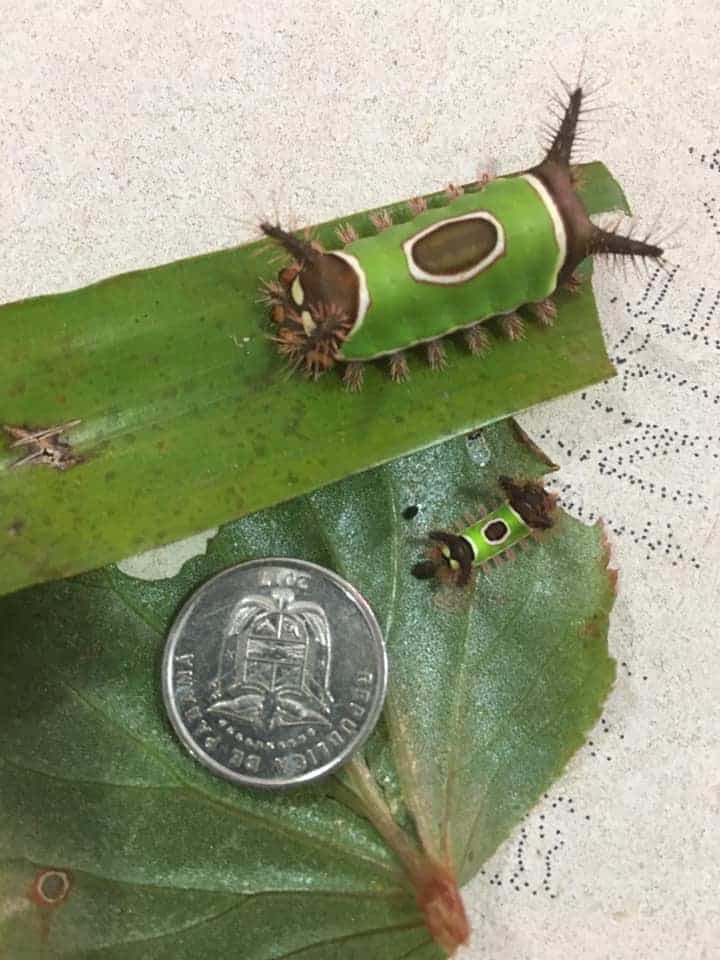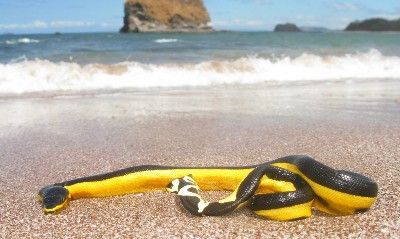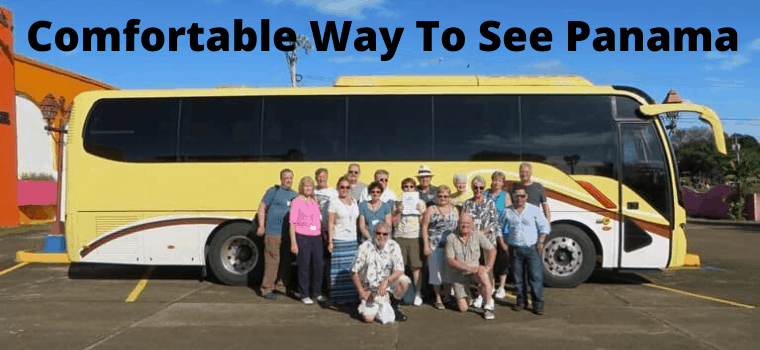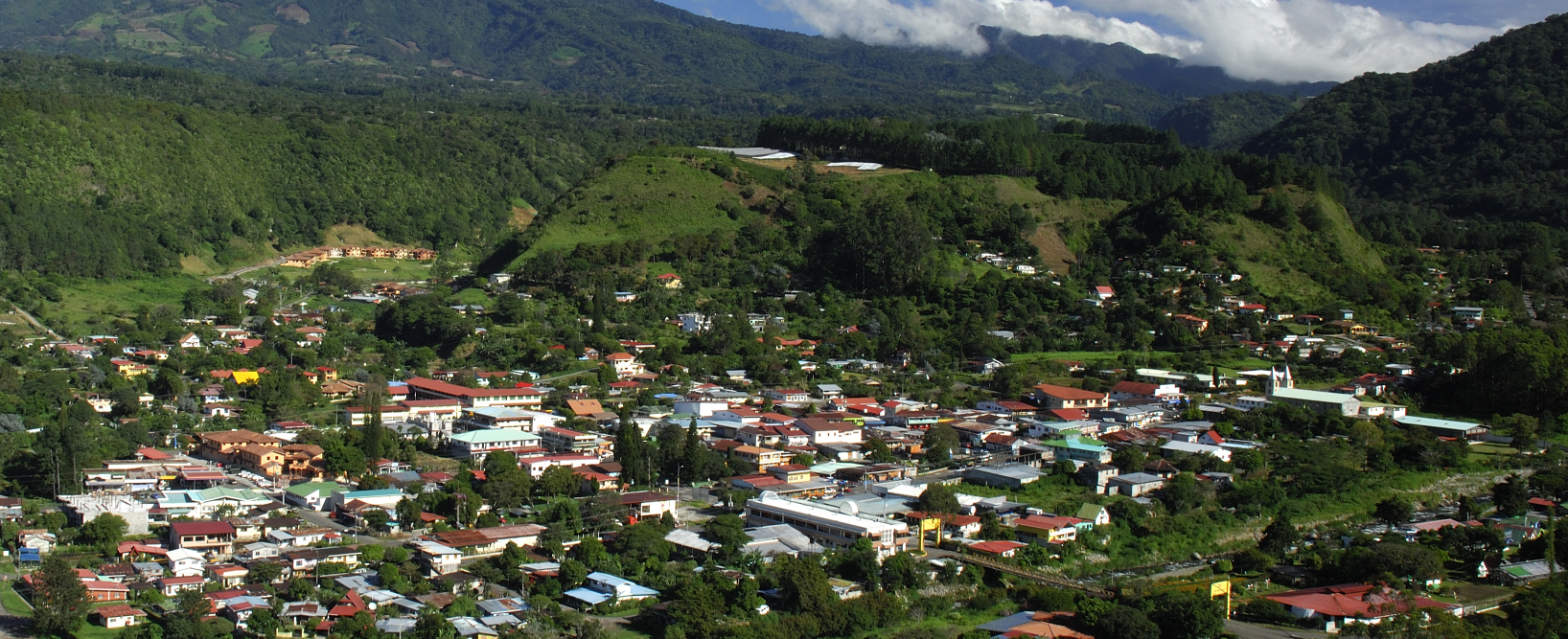The decision to leave your home country and start a new adventure in Panama should not be taken lightly! Much time and research will be spent trying to decide where to go, how to get there, what is required to live in Panama legally, what to take, and if Panama will be a good fit for your lifestyle.
One of the first things you need to understand is that one town in Panama can be completely different than other towns. If someone asks if “this” is available in Panana, the answer is probably yes, but it may not be available in the town where you want to live. The larger the town, like Panama City or David, the better the chance of finding everything you need. But smaller towns will have less selection.
So, your objective when determining if Panama will work for you is to find the town that has most of the things on your “must-have” list. Make a list of things you must have to be happy or must-have for medical reasons. Then, determine if those things are available in Panama and in the town where you want to live. If they are not available, determine if you can buy them elsewhere and then get them shipped to you in Panama at an affordable price.
Another example is the perfect beach town, at the perfect price, where you want to live may only have a maximum of 5 Mbps internet speed. But you run an online business so that will not work. So, you’ll need to pick a different town that has high-speed fiber optics so you can run your business.
Every town has pros and cons. There will be tradeoffs!
Perhaps the most important step in the decision to move to Panama is to go on Jackie Lange’s Panama Relocation Tour. Without question, it will make your decision and relocation easier than you could ever imagine as all the questions and concerns you have will be answered on her 6-day, 7-night all-inclusive tour. You’ll learn about the pros and the cons to help you make an informed decision.
Things are done in a completely different way in Panama so this may frustrate you. You won’t be able to change the way things are done so the best you can do is relax and let things happen their natural way in Panama.

Here are 47 49 of the most important things you need to know before moving to Panama. Hopefully, none of these things will be a deal killer for you.
1. T.I.P. – This is not only one of the most important things you should learn when first considering your move, but you should also remember it, practice it daily, and allow it to become your mantra!! While it is simply an abbreviation for, “This Is Panama,” it will help you maintain your sanity when you first arrive in this incredible country. You see, Panama is a TOTALLY DIFFERENT country from the one you have left, and it has a slower, gentler-paced lifestyle so check all your expectations at the door, or the border actually, when you arrive. Things are done much slower than probably anything you have ever experienced and in a way that may not seem exactly logical to you. You must remember, though, that you are in another country and this is how it is done in Panama! Just because it’s unlike your home country’s way of doing things doesn’t mean it’s wrong! Embrace it!!
2. Mañana – This one goes hand in hand with number one. You have now entered the land of Mañana! Remember that life here moves at a slower, gentler pace, and expect your life to become a lot more “chill” if you allow it to happen. Shopping, driving, walking, and even breathing will become different. Everything is done SLOWLY and not on any kind of schedule for the most part. For example, if you are having problems with your internet, power, cable, etc., and call your provider to “schedule” an appointment for repair when they say someone will be there between the hours of 12-4 on Thursday, don’t expect it to be between the hours of 12-4 or for that matter, Thursday. It could be Thursday or Friday, between the hours of 12-4 or even 4-6. That, my friends, is manana. In Panama, manana just means now today. Relax, enjoy, and take a siesta or nap. After all, you are now in one of the most beautiful countries in the world!
3. Adapt – You will need to adapt to a new culture. The culture will not adapt to your needs or way of doing things. Some people can adapt to living in Panama easier than others. If you’re the adventurous type, you’ll do just fine. But if you want life to be predictable in Panama, you will likely be frustrated. Life will throw you a curveball in Panama even with the best planning and preparation. To avoid stress, learn the tranquilo mentality. Things will get done eventually, but perhaps not on your schedule.
4. Getting a Visa – You cannot live in Panama unless you get a residency visa. Regardless of which visa you get, it will be a multistep process that could require either staying in Panama for several months or making several trips to Panama. If you get a Pensionado Visa, you will initially get a temporary visa that is good for 6 months. Usually, within 3-4 months, your attorney will let you know your permanent visa is ready for you to pick up. Then, you will want to get a Cedula, which is a national ID card. You may want to plan your move to Panama around getting your permanent visa to avoid the expense of extra trips.
5. Communication Delays – Expect that it could take 24-72 business hours (does not include weekends) for you to hear back from your immigration attorney. Most lawyers do not work weekends. If you email your attorney or send a WhatsApp message on a Friday afternoon, you may not hear from them until Tuesday or Wednesday unless it is urgent. If you sent an email with, I just have a few questions then list 10 questions in great detail, your email may not get answered for several days until your attorney has time to read the book you sent. It’s better to send one question and keep it as short as possible if you want a fast reply. Lawyers are busy with other clients at the immigration office during the day, so they usually answer emails or WhatsApp in the evening after they have had dinner. The answers to most of your questions are in the Complete Panama Relocation Guide.
6. Budget – Can you afford to move to Panama? Regardless of where you move to, there are always moving expenses. When you move to Panama, you need to budget for an exploratory trip to make sure Panama is right for you, getting a residency visa, airfare to get to Panama, bringing pets to Panama, renting a property, perhaps buying a car, getting health insurance, and stocking up on groceries. This article will help you come up with a realistic budget to move to Panama. When you come to check out Panama, you need to determine if there are rentals you like, in the town you want to move to, that fits your budget. The lower your budget, the fewer choices you will have but Panama always has affordable options.
7. Real Estate Agents – There are a lot of really great real estate agents in Panama. But unfortunately, not all agents have your best interest in mind. Some real estate people in Panama are unscrupulous. It is not required to get a real estate license to sell or lease real estate in Panama. BEWARE! Even property managers or agents who do have a license are no guarantee that you are getting an ethical person to work with. I know several “agents” who paid a $5,000 bribe to get their license because they knew they could not pass the test to get a license. It’s unfortunate, but some “agents” take advantage of new expats by doing net listings and other unethical practices like leasing a house and then not telling the owner so they can keep the money. Be very very careful of which real estate companies and agents you work with. I’ve heard so many horror stories about people who sell or lease real estate in Panama. It’s so sad that someone would take advantage of new people in Panama. Just because someone has a lot of listings on Facebook it does NOT mean that those are real listings or that you can trust them. There is nothing like Zillow in Panama. The MLS, which is not widely used in Panama, is nothing like North America. The best rentals are found by word of mouth (talking to people) and are not listed with an agent or online.
8. Language – The official language in Panama is Spanish. If you live in a community with a lot of expats, then there will be more Panamanians who speak English. But if you live in a community with fewer expats, there will be less English spoken so you’ll need to learn some Spanish. However, making an effort to speak even a little Spanish goes a long way with the Panamanian people! You could start with Duolingo (a free app) before moving to Panama. In Panama, there are Spanish classes and private tutors to help you.
9. Expat Community – Some, but not all, expat communities are very cliquey. The more expats in a town, the more cliquey it will be. The best way to fit in quickly and to meet people is to volunteer at some of the non-profit events like spay and neuter clinics, handicap services, or gardening clubs. Also, join hiking groups, book clubs, and live music events. Be careful not to let your expat life revolve around drinking alcoholic beverages (that happens in Panama) or scheduling too many things in one week.
10. Doctors – Doctor’s offices are usually very simple and not fancy. You won’t find original artwork on the walls. And the doctor will not be wearing a designer suit. You also won’t need to fill out any paperwork to see a doctor. They will ask to see your passport to eCedula, and that’s about it. For most doctors, you do not need an appointment unless it is a specialist. A doctor visit is usually $20 or less, with no insurance. A specialist is usually $50 or less with no insurance. You will never see a physician’s assistant, you will always see the doctor and they will spend as much time with you as necessary to get to the bottom of your medical problem.
11. Electricity – While internet service is readily available, you need to know that it could go out once in a while. If your electricity goes out, your internet will go out, too. If you live in a high-rise condominium in Panama City or the Coronado area, you will probably have a generator that kicks on within minutes of electricity going out. For other areas, you may not have a generator luxury. For instance, if you choose to live in the mountainous highlands of Boquete, where neither heat nor air is required, you probably will have no generator because the weather is comfortable enough that you will not need one if the power goes out. Electricity in Panama is the same as in North America.
12. Internet services – Internet service is available in most, but not all, places in Panama. To get the most reliable and fastest internet, you need to move to an area with fiber optic internet service. There, you can get 100-600 Mbps speeds or more. Some beach areas only have satellite internet service with a maximum speed of 5-10 Mbps. There are tradeoffs! See this report about internet speeds throughout Panama.
13. Postal Service – Unlike most countries, Panama does not have door-to-door mail service. Technically, there is a public postal service called COTEL (Correos y Telegrafos de Panama), but they don’t deliver to homes because there is no formal address system. You can receive mail at the post office, but it may take weeks or months, or you may not receive it at all. For these reasons, most foreigners prefer to use mail-forwarding services. If you have an online business and need to ship packages to clients, the public postal system is the most affordable, but let your clients know it could take 2 weeks to arrive. To mail a legal size letter DHL or Federal Express from Panama to North America, it will cost about $50, so you want to send mail as little as possible.
14. Mail Forwarding. Because the Panama postal system is unreliable, many use a mail forwarding service to get mail and Amazon orders delivered to Panama. These services will give you an address in Miami. You will have all mail and packages sent to Miami. Then, your mail is flown to Panama and trucked to the town where you live. You’ll pay $3 to $4 a pound to receive packages sent through a mail forwarding service. When your family wants to mail you something or when you order online, you will have the mail sent to the Miami address and then forwarded to Panama. *** Be sure to check the weight of the items you order because the fees to get them delivered to Panama could exceed the price of the item. From the day you order online, it takes about seven days for the package to arrive in the town where you live so you can pick it up. You can reduce the delivery price if your items are sent by sea, but it will take much longer to arrive. If you shop on Amazon often, this can increase your budget to live in Panama.
15. Courier Service -The best way to get excess luggage shipped from one side of the country to the other instead of paying an excess luggage fee to the airlines. It’s about $10 for a 50-pound suitcase using an in-country courier service. You can also use the courier service to send mail inside Panama and to get products you buy in Panama City shipped to your town.
16. Water – When you visit Panama on a Panama Relocation Tour, you will learn that it is safe to drink water straight out of the tap in most areas but not all areas in Panama. At most homes, municipal water goes into a reserve water tank and then through a filter before it goes to your tap. In most areas of Panama, especially those in the City and larger Ex-Pat areas, the water is completely safe. If you have a weak stomach, you may choose to only drink bottled water, get bottled water delivered in 5-gallon jugs, or use a Berkey water filter.
17. Reserve Water Tank – Towards the end of the dry season, there could be lower water pressure or even no water in some parts of Panama (especially the Azuero Peninsula). For this reason, it’s a good idea only to rent a house with a reserve water tank. Municipal water fills up the reserve tank, so you always have extra water, and you will not even notice if the water pressure is low. If your tank runs dry, there are companies you can hire to fill it with potable water for about $50 for a 10,000-liter tank.
18. Cable TV/TV stations – With Panama cable TV, you will be able to get some North American TV shows and movies in English, but not as many as you are used to getting. Network news will not be available on Panama cable TV. Sports will only be available in Spanish. Many movies will only be available in Spanish. The solution is to get an Amazon Firestick. An Amazon Firestick can be loaded with apps to allow you to watch all North American television shows, including sports, news, and movies in English. The Amazon Firestick will also allow you to watch your favorite movies, TV shows, news, and sports teams live. You can also stream programs on digital media services like Netflix, Hulu, Amazon Prime, Leonflix, etc. There is usually an ex-pat in the town you move to who is an expert at setting up an Amazon Firestick with the apps you need to watch the shows you love.
19. Cell Phones – You can put a Panama SIM card in your existing phone IF it is unlocked. Switching to a Panama cell phone will be one of the most significant ways to save money once you make the move to Panama! In Panama, you will find that the average cell phone bill is under $20 a month. In Panama, WhatsApp and Facebook Messenger are used almost exclusively. Wi-Fi is free in so many restaurants and bars, that you can use Wi-Fi instead of data. Your cell phone service is extremely reliable in Panama. Even if your electricity and internet are not working at your house, you will be able to get access to the internet through your cell phone. Also, in Panama, all cell phones that you buy are unlocked. There is no “contract” with a cell phone provider. With service through TIGO, your Panama cell phone will work in other countries, too, for no additional charge. If necessary, your cell phone can be used as a hot spot in areas with slow internet speeds.
Speaking of cell phones, most Panamanians prefer using WhatsApp over email or phone calls. Whatsapp is the customary way to communicate in Panama. You can download WhatsApp from your app store to your cell phone or your computer to stay in touch with your immigration lawyer, real estate contacts, and more. It’s possible to link WhatsApp on your cell phone with the website version.
20. No Daylight Savings Time – Panama does not do daylight savings time. Panama is in the Eastern time zone. When North America switches to daylight savings time, Panama’s time will be the same as the Central time zone in the US.
21. Shopping – Something very important to everyone, and I dare say especially to women, is shopping! Will you be able to find the same brands of food, makeup, haircare, personal hygiene products, clothes, housewares, electronics, furniture, etc., that you are used to, and will it be the same quality? Almost anything you “need” can be found in Panama. But some things you “want” can only be found in larger cities like Panama City or David. Every year, the availability of products gets better and better. You can always shop at Amazon, too. Malls – Continuing the shopping theme, many people wonder if there are excellent, modern malls in Panama. In Panama City alone, there are at least ten that would give any malls in North America a run for their money. For example, Albrook Mall has about 700 stores and services and is the fourteenth largest mall in the World and the largest in America. So, ladies, don’t fear!! Albrook is just one of the many malls available in Panama, and not even the newest or nicest one! A new mall will be fully open in David (far western Panama) soon, which will be the second-largest mall in Latin America with 400+ stores.
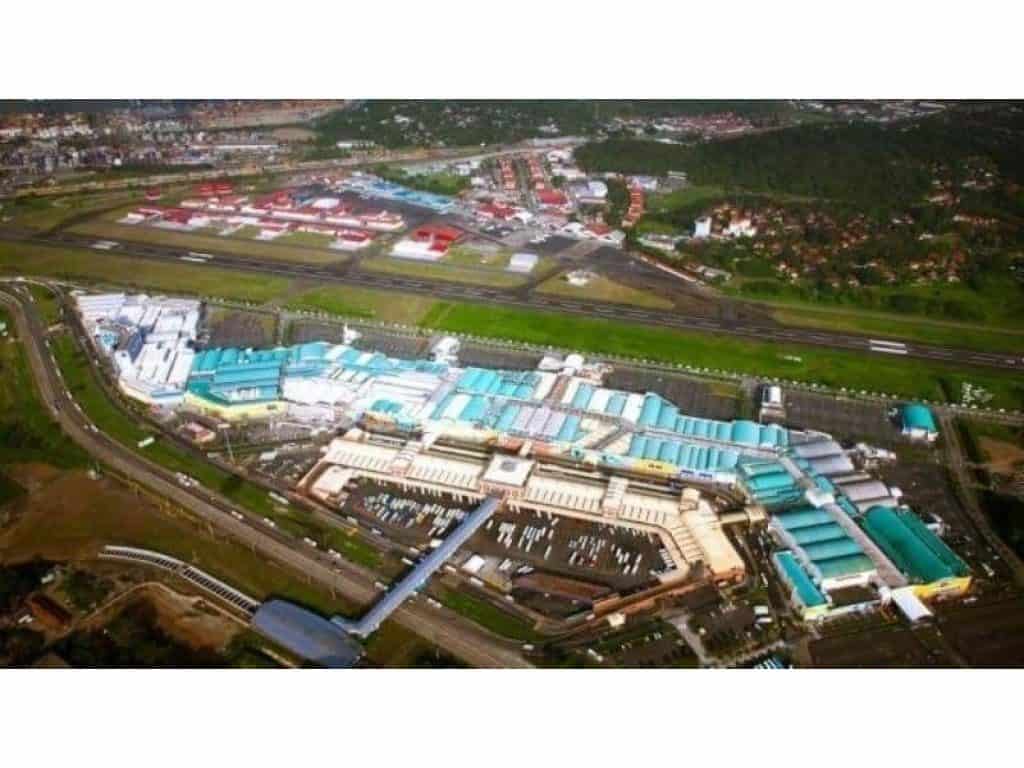
22. Clothes – It is important to remember when purchasing clothing to try them on! Sizes tend to run much smaller for both men’s and women’s clothes! It is difficult to find shoes in larger sizes unless you shop at Payless Shoes. It is difficult to find clothes in big and tall sizes. You can buy clothes at malls, boutique shops, department stores, and retailers like Target or Walmart. There are also great little stores called Ropa Americana or American Clothes. They are similar to what are known as thrift stores in the US, as you will find both new and gently used items there. Although the selection is sometimes limited, the prices are excellent and just what you need, especially if you have growing children! I recently bought a top for $3 that had a Dillard tag for $32!
23. Computers – If you’re shopping for a computer in Panama, look for a computer with an English operating system and keyboard. Most computers in Panama have a Spanish operating system and keyboard. There are specialty computer stores in Panama City where you can have a computer custom-built to your specifications. Or, you can order from Amazon or Dell and get the computer in Panama in about seven days.
24. No Home Depot or Lowes – Unfortunately, there is no Home Depot or Lowes in Panama… yet. Similar stores are Do It Center, Novey, or Cochez, plus every town has a hardware store aka ferretería. The ferretería stores do have many things behind the counter. You will find the staff is very helpful and knowledgeable. Take a sample or photo of what you need, and they can find it quickly in the store. They sell tools at the hardware store, too. Guys, you may not want to bring your tools! It is super affordable to hire a handyman to fix anything you need. If you’re renting, our landlord will take care of the repairs. Tools are readily available in Panama. Stores like Do It Center have Dewalt, Black & Decker, and other name brands. Tools are heavy and would cost a fortune to ship to Panama.
25. Furniture/Household Goods – This is always a concern for those moving to Panama. Should I ship my furniture from home, or can I purchase it once I relocate? Most homes come completely furnished, so it’s not necessary to ship your household goods to Panama. To ship a 40′ container to Panama, it will cost $15,000 to ship all your household goods. If you decide not to rent something already furnished, you can find furniture that will meet your needs. There are higher-end brands that you can find, but not all furniture stores have high quality. You can have furniture made at affordable prices, too. If there are things you cannot live without, you can use a Mail Forwarding company to ship a pallet of goods to Panama for about $2000 for a 48″ x 48″ pallet.
26. Cookware – Your rental may not have decent cookware. You can buy cookware in Panama. Cuisinart cookware is available in Panama and other name brands, but you may need to go to a larger town to find the cookware you love. Or, you may want to ship your cookware using one of the mail forwarding services in your town.
Small Electronics – If you have a Vitamix, bring it in your suitcase because it is unavailable in Panama. But almost any other brand, style, or price point you can imagine is available in Panama. Remember, most rentals will come completely furnished with everything you need. You might need to replace the coffee pot, but you can buy that in Panama.
27. Grocery Shopping – Most milk is sold in the unrefrigerated section in a box. Eggs are also not refrigerated. In many stores, meats are NOT individually packaged. Instead, meat and chicken are in a big container, and you tell the clerk what you want.
While most of the grocery stores in Panama are wonderful, they are lacking in some areas. Many grocery stores are very small compared to North American stores. The most significant adjustment for many is availability. Grocery stores may not have all the name brands you are familiar with, but there will usually be a Panamanian equivalent available at a much better price. As far as prices go, as you would expect, imports will be the same as what you paid in your home country, if not more, while local brands are much cheaper. For fresh produce, your best bet is to buy it from produce stands, which will have very fresh produce, usually picked within the last 24 hours and very reasonably priced! It’s a good idea to make your grocery list and then look up all the words in Spanish. Write the Spanish word next to the English word to help you get familiar with the Spanish word for the products you usually purchase.
28. Medications/Pharmacies – Some medications or medical supplies are unavailable in Panama. Before you move to Panama, you need to determine if the medications you need are available and what it will cost to buy them or if you can get them shipped into Panama. See this report of the 50 Most Commonly Prescribed Medications in the US and what they cost in Panama (if available.) You will be able to purchase almost anything without a prescription except for narcotics, antibiotics, benzodiazepines, and a few other medications. Just need 1 or 2 pills? No problem! You can buy 1-2 pills in Panama instead of the whole box. There is no set price for medications. If you go to three pharmacies, there will be three different prices and sometimes a substantial increase at one. Shop around to find the pharmacy in your town with the medications you need at a reasonable price. A hospital pharmacy will usually have the best selection and best prices for medications.
By the way, marijuana is illegal in Panama. If you need marijuana, it might be better to move to a different country instead of risking being put in jail in Panama.
29. Restaurants – Just about every type of food and restaurant that you can imagine is available, especially in Panama City. Once you travel to the interior, your choices become fewer, but that doesn’t mean quality or quantity automatically does. While almost every North American fast-food franchise you can imagine can be found throughout the country, in some of the smaller towns, they don’t exist. Even though Boquete is a larger expat town, you will not find a McDonald’s, Taco Bell, KFC, etc. Many larger towns along the Pan-American Highway, like David or Santiago, have many fast-food chains. A better, healthier choice is the Panamanian fondas which serve tipico food – meat, rice, beans, salad, and usually plantains. These plates usually cost $4-5 and consist of huge portions! Of course, there are plenty of fresh vegetables, seafood, and chicken that are served, too. Beef tends to be quite stringy and tough, but you can find good cuts if you know where to go. There are many fine dining options available in towns that have a high concentration of expats, but the prices will be equivalent to what you pay in North America or even higher. There are always affordable options. Smaller towns will have fewer dining choices.
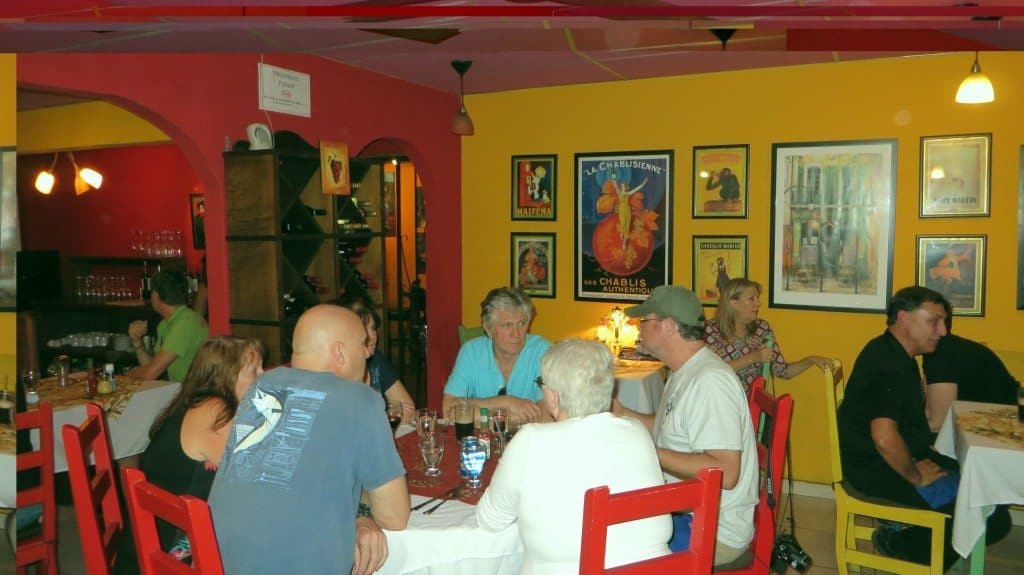
30. Customer Service – To follow up on shopping, restaurants, etc., the customer service you will receive when moving to or visiting Panama is probably not what you are familiar with. While the Panamanians are lovely, friendly people, it seems that customer service is not something they are taught. Waiting to be seated or to order is just something that you will have to get accustomed to. To expect help in grocery or other retail stores (and, of course, there are always exceptions to this rule) is something you learn not to do. Please understand that this is NOT because they are rude, but it is something they do not understand because the importance of it has never been stressed. Remember manana and T.I.P.? You will learn to remember this, just smile and keep looking around for what you need! Bring a generous dose of patience with you when you move to Panama. You’ve probably retired anyway, so what’s the hurry?
31. Pets/Veterinarians – Be aware that cane toads or snakes are in some areas. If your pet has an encounter with them, it could be deadly if not treated quickly. Initially, it’s better to go outside with your pets instead of just opening the door to let them out. Train them to stay away from frogs and snakes. When you get to Panama, know who the best mobile vet is to contact in an emergency. When deciding to move to Panama, there is no reason to leave your fur babies behind because quality veterinarians are readily available. Not only do veterinarians provide fantastic care, but they make house calls, and the prices are as low as $25. They will even give you their personal cell or home number so you can call them with any questions or concerns. You may or may not be able to find special diet pet foods at stores in Panama, but your Panama vet can usually get it for you.
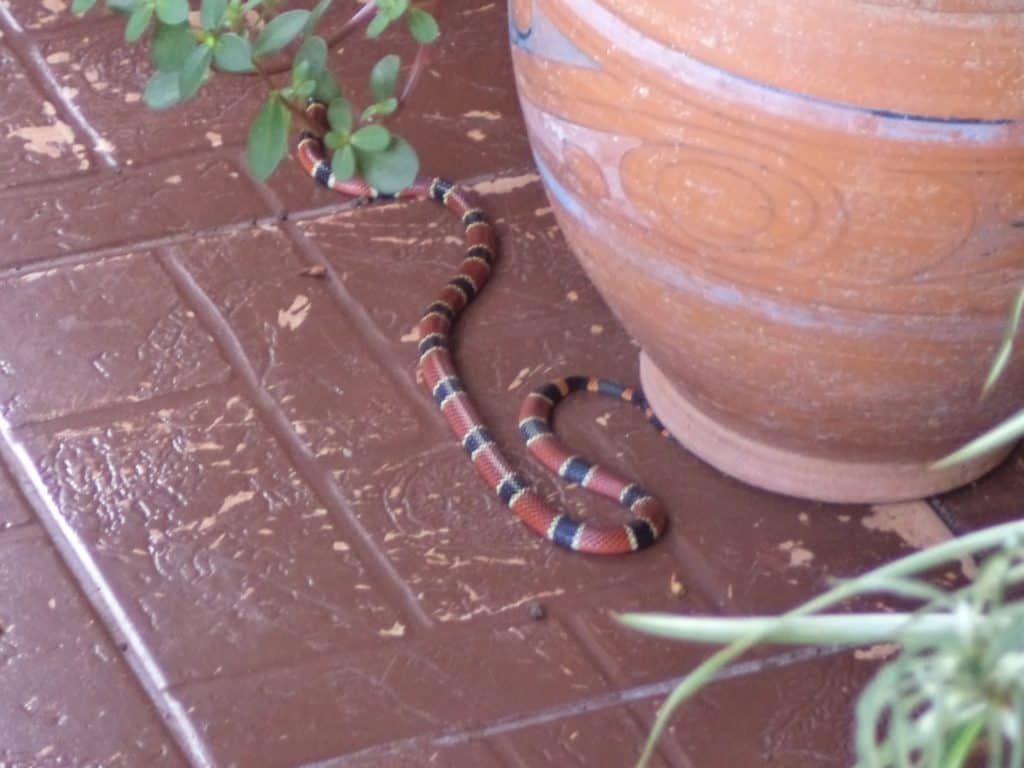
These are the estimated costs to ship your large pets in CARGO with Copa Airlines
32. Banking — Your life will be much easier if you open a Panama bank account. Then, you can easily use online bill pay to pay for your cell phone, the electric bill, and other services. You will also be able to get a debit card. It is common in Panama for people to give you their bank account information so you can transfer money from your Panama bank account to theirs. There is no fee for this transfer, and it happens instantly. However, opening a bank account in Panama is very different. Some banks will require you to have a visa, the last two years of tax returns, a bank reference letter, and $50 – $1500 minimum to open the account. And it could take a few hours to get your account opened. The biggest challenge when opening an account will be signing your signature precisely as it is in your passport. Unless you are fluent in Spanish, select a bank with online banking in English and Spanish. Be sure to check the requirements for your home country about their requirements for reporting an offshore bank account.
33. Housing – Many expats move 2-3 times before they find the area they like best in Panama! The town where you want to live may not have rentals that fit your budget, so you must investigate other areas. One of the most important decisions you must make is if you should rent or buy a home when you first arrive in Panama. On a Panama Relocation Tour, we highly recommend that you rent for at least 6 -12 months before you make that choice. This gives you time to get your permanent visa and time to experience both the rainy season and the dry season (which can be dramatically different). You may initially choose an area that you loved when you visited it, but after a month or so, find out it is not the right fit for your family. For instance, it may be too hot, too far away from shopping, or insufficient activities. If you purchase a home and then find out it is not what you were expecting, it could take a long time to sell it, so you can move to another part of the country where you will be happy. So rent for at least six months before buying so you can make sure that it is the right area for you!
Some rentals, especially in coastal areas, do not have water heaters. So there is no hot water in the shower or kitchen sink. Some rentals have a “suicide shower” only and no hot water at other faucets. A Suicide Shower (shown below) is a contraption that hooks up to the shower faucet to warm up the water slightly. You should check all faucets to see if hot water is available.
Unless you live in a gated community, there are no zoning rules. Your house could be next to an auto repair shop or a very loud and noisy bar. This is why it is EXTREMELY important to actually see the house you are renting before signing a lease. Never, ever rent a house without seeing it first and seeing the neighborhood.
34. Beach vs Mountain/Highland Towns – There are many beach towns on the Pacific Coast of Panama. And Bocas del Toro on the Caribbean side of Panama. Many beach towns will have everything you are looking for, including wonderful shopping, restaurants, beautiful beaches, access to healthcare, and many other amenities. There will also be plenty of expats and activities that will interest you. There are also small, funky beach towns that may not have as much to do, but that might just be what you are looking for and at a more affordable price. While on the Panama Relocation Tour, you will have the chance to visit several of these communities to see what’s available. You will also meet expats who have made the move and even see different types of rental properties. You may think you want to live at the beach until you experience 90F+ weather with humidity daily. You may think you want to live in the highlands until you experience the chill in the air after a rainy day. Do 3-6 month leases to experience different locations until you find your sweet spot.
You may be interested in a cooler area with spring-like temperatures year-round where you don’t need an air conditioner. You can find these in places like Boquete, Volcan, El Valle de Anton, or Cerro Punta. During a Panama Relocation Tour, you’ll have the opportunity to visit these towns and experience what it would be like to live there. This will make your decision about where to move to in Panama much easier.
Don’t be surprised if you see TRASH – Some areas in Panama have a lot of trash alongside the road. Other areas do not have that problem. It’s much better than in 2010 when I first came to Panama.
35. Transportation – In Panama, public transportation is down to a science, especially the bus system! Most buses that run between the towns and into Panama City are very clean and air-conditioned. You stand on the side of the road (usually in a small covered “bus stop”), and when you see a bus coming by, wave your hand if they don’t automatically stop. Sometimes, they won’t stop, but that is usually because they are full. Always check the top of the windshield for the destination to make sure it is going where you need to go. It may be that your stop is on the way to the main destination, and if you tell the attendant who will be standing at the door when you board, he will try to let you know when you arrive. An announcement is usually made for each little town so when you hear yours, simply go to the front. You will pay as you get off the bus. These buses run throughout the country and are a convenient way to get where you need to go. You can even ride on a double-decker bus across the country for about $18. Bring a jacket or blanket for the bus because they are usually very cold! Taxis in Panama are plentiful as well. Always agree on a fare before getting in because sometimes they have a “special” price just for gringos! In Panama City, Ubers are great to use since you know the price before the car arrives! There is also the Metro, or subway, that is now available in many parts of Panama City.
36. Cars – Now that public transportation options have been discussed, how about purchasing a car? Is it even necessary? In most areas of Panama, public transportation is more than sufficient, and you can get by without owning a car. If you do want to buy a car, consider using something called a car broker. You give them your requirements for a vehicle, and they will find several that meet your criteria. Once you see them and decide to purchase one, they will also take care of all of the paperwork for you!! Some people ask if they should bring their vehicle from home. While some insist on doing so, there are several things you need to consider. Aside from shipping costs, which can be from $3000 – $5000 plus import taxes, consider that parts for cars made in North America are hard to find. Mechanics in Panama are unfamiliar with the emission control systems in North American cars, which could create even more problems. Insurance is very affordable. I pay $620 yearly for full coverage on my 2020 Sante Fe.
37. Drivers License – You can only drive with your foreign driver’s license for the first 90 days in Panama. Once you get a residency visa, you can no longer drive with your foreign license; you must get a Panama driver’s license. You cannot get a Panama driver’s license until you have a residency visa. To get a Panama driver’s license, you will either need to get your current license authenticated at the Embassy for your country that is in Panama City, or you’ll need to pay $100 for a certificate from a driving school, then take a written test and a driving test. After either of these options, you will need to get your blood type done at a lab, get a vision and hearing test at the Sertracen office, and then you will be issued a driver’s license. It costs $40, but you can get a 10% discount if you are a pensionado. Your Panama driver’s license is good for four years unless you are 70+ then, it must be renewed every two years. If you are 70+ there is an extra step before getting your driver’s license; you will need to get a letter from a doctor who certifies that you are fit to drive.
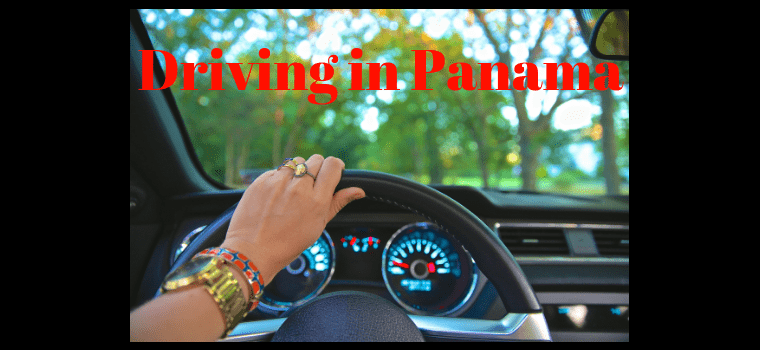
38. Driving in Panama – The maximum speed in Panama is 100km or 60 miles per hour. Panama has zero-tolerance for drinking while driving, so it’s better to have a designated driver if you plan to drink alcohol. Cops will not chase you down the street if you have a violation; they will motion for you to pull over. Traffic lights are almost nonexistent, at least in the smaller towns, and traffic signs are simply suggestions. Don’t be surprised to be driving through town, and the driver in front of you will simply stop. Now, this is usually to say hi to friends or family, and as long as they turn on their hazard lights, it is completely acceptable. You wait patiently or go around. Remember….. T.I.P. Driving in Panama City could be a real challenge, so it’s better to take an Uber. While the Panamanian Highway is simply amazing, the roads in the interior and even the City aren’t the best. In many areas, the roads have been torn up for months, either because they are working on the roads or working on the water lines under the road. Perhaps what makes it so frustrating is that the alternate route is usually much longer and sometimes very rough. Neighborhood roads are usually paved but very narrow, with deep drainage ditches on either side. Drive with extreme caution. Once again, summon your inner T.I.P. and manana attitude and you will be fine!
39. PROTESTS sometimes happen along the Pan-American Highway. It’s usually Ngobe Indians blocking the road until the government agrees to give them something. But it could be truck drivers protesting an increase in gas prices, farmers complaining about imported produce, or anything else. It could be a nationwide protest about something the government did or did not do. If you drive from Panama City to western Panama (or visa versa), you may encounter a protest that lasts 2-3-4-5 hours. For this reason, it may be better to fly instead of driving across the country. If you plan to drive across the country, have water and snacks, just in case. A protest could last for an hour or it could last for several days.
Protests have been going on in Panama since before it was a sovereign country. When Panamanians don’t like something the government is doing ( or not doing), they protest. There were protests in 1820 for Panama to gain its independence from Spain. There were protests against the first Transatlantic train in the 1800s. In the early 1900s, there were protests because Panama was still part of Colombia. There were protests against building the Panama Canal. There were protests because the US had military bases in Panama and controlled the Panama Canal for 100 years. The list goes on and on. Some protests last a few hours. Some protests last a few days or weeks. But it always seems to get worked out through negotiations. All you can do, as foreigners, is be patient. Foreigners are not supposed to get involved in protests.
40. Sidewalks – Sidewalks, where they even exist, are horrible in Panama. There could be gaping holes, metal objects protruding, uneven steps, and steep drops off on sidewalks. When walking in Panama, pay attention to where you are walking. If you have mobility issues, most areas in Panama will be challenging to navigate. There are very few handicapped parking spaces or ramps.
41. Emergency Services/Operations – While Panama does have a 911 “system,” it is a little challenging to utilize for a couple of reasons, especially if you are not from this country. First of all is the language barrier. If you are not fluent in Spanish and call 911, it will be very hard to communicate your emergency, especially if you or your loved one has a medical problem and are very stressed! Next is that there are no real addresses in many towns in Panama. In many parts of Panama, they have found a solution for this, known as an Emergency Service. For a small annual fee, you can join a service like Rodny Direct by filling out a brief questionnaire with your name, phone number, house/property location, any medical problems you may have or medications you take, emergency contact, etc. You are then assigned a personal identification number unique to you, so if you should have some emergency, and not just medical (car accident, fire, etc.), you would call the phone number of your emergency service and give them your ID number. They will then contact the necessary service (ambulance, fire, rescue, and police) and dispatch them to your location. It is a wonderful service to have when faced with any emergency!
42. Medical Care – This is a very important subject for most and one of the deciding factors when considering moving to Panama. Some doctors in Panama were educated in North America and Europe. Many of the specialists are board-certified. Doctors provide excellent, personable care for a fraction of the cost. A visit to a general practice doctor will cost $15 – $20, while a Specialist will be about $40 – $50. That is the total price and not just a co-pay! It is not unusual for the doctor to give you his or her cell phone or even home number so you can call if you are still having problems after your visit, and many times, they will do a follow-up call to check on you. Wait times are short, and you will see a doctor and not a nurse or physician’s assistant. The check-ups are thorough, and you are not rushed through their office as if they are on a deadline. If there is a need for a prescription and the doctor has samples available, they are happy to give those to you to save you a trip to the pharmacy. If you require a hospital stay or ER visit while living in Panama, those are just as inexpensive, and you will receive excellent care, so rest assured that your medical needs will be met here in Panama.
43. Health Insurance – Once you become a legal resident of Panama by getting a Visa, you can use the public health care system with a $0 monthly fee. At public hospitals, it is about $2 to see a doctor or $5 for specialists. You can get Panama health insurance, too. A 65-year-old will pay about $102 monthly for Panama health insurance. If you have pre-existing health conditions, they may be excluded for the first two years or not covered at all. Panama’s only health insurance will require you to be vaccinated for Covid or have an exemption letter from our doctor. Or, you can get international health insurance, which would cover you in Panama or anywhere else. A 65-year-old will pay about $ 4,000 yearly for international health insurance (with a $1,000 deductible). International health insurance does not require you to be vaccinated. There are plenty of affordable options for health insurance and health care in Panama. If you have the right Medicare Advantage plan, it will cover you for urgent care or emergencies in Panama, but you will need to pay upfront and then file a claim with Medicare.
44. Safety – Many people say they feel much safer here in Panama than if they still lived in North America or Europe. Many will allow their children to go places and do things that they would never have considered letting them do in their home country. Crimes of opportunity, such as petty theft, are mainly what you must be careful of. Just use common sense and be mindful of what you wear or say. Don’t flash your wealth. Also, avoid certain areas after dark just as you would anywhere else in the world.
45. Activities – Many people are concerned that once they move to Panama, there may not be many things for them to do. You can be as involved as you want to be in your community, just as it is anywhere. There are charities you can become involved in or different groups such as hiking, dancing, acting, bird watching, horseback riding, fishing, surfing…almost anything you can think of you can find in Panama, or you could even consider forming a group yourself if it is not available. There are so many beautiful areas to explore in Panama, from the City to the Beach to the Mountains. Only some areas have golf or tennis. So no, you will not be bored if you try to become active in your community!
46. Public Holidays – Panama observes many public holidays, and the whole country shuts down during these. This year alone, Panama will observe 16 public holidays, 6 of them being in November! So, when planning to go anywhere or conduct any business, always keep this in mind and check your calendar! Banks, government offices, and some businesses close during a holiday. In Panama, they LOVE to party and celebrate almost every holiday with many fireworks and parades! Festivals, fairs, and other cultural events – Carnaval de Las Tablas, Festival de la Mejorana en Guararé, Fiestas Patrias, Panama Jazz Festival, Festival de Cristo Negro de Portobelo, and Boquete Coffee and Flower Festival are just a few of the events that you should not miss when living in Panama. The closer you live to a downtown area, the noisier it will be during a holiday.
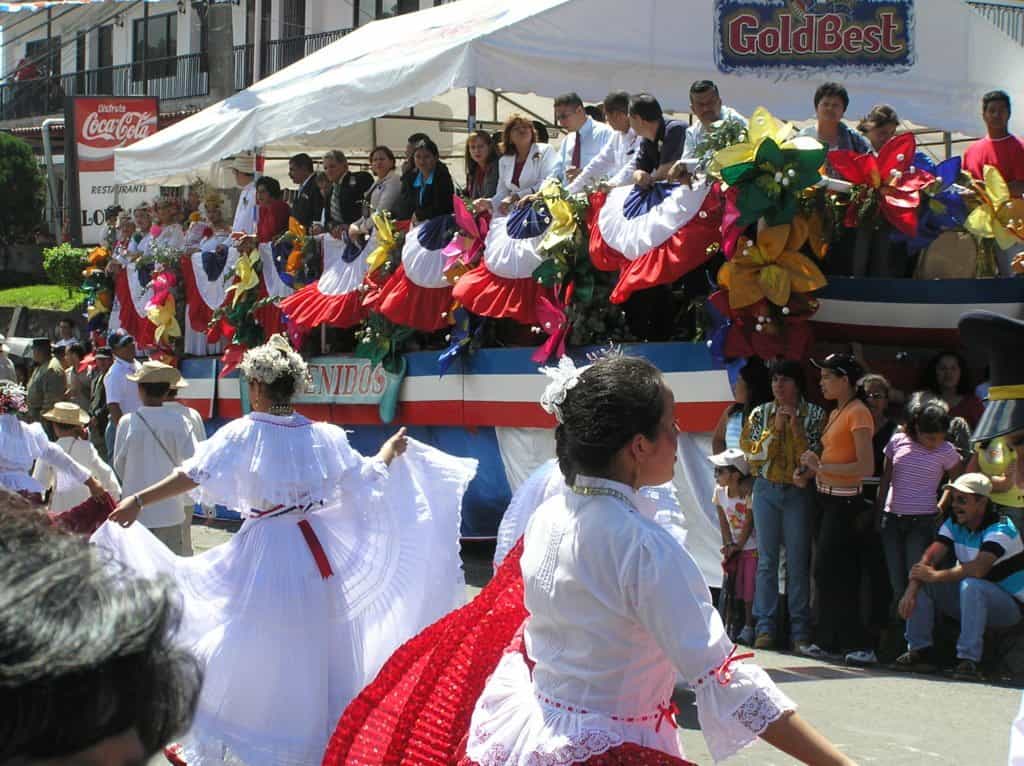
47. Weather – One of the many great things about Panama is its weather! The temperatures are about the same year-round, and there are many microclimates. On the coast, you can expect temperatures around 90F (32C), plus or minus five. If you don’t like the heat but do like the ocean, for every 1000 feet you go up, the temperature drops about 4 degrees. There are essentially two seasons: Dry and rainy. The dry season runs from about December/January to mid-April/May, while the rainy season is from mid-April/May to December. This does not mean it rains every day or all day during those months. Usually, it will be sunny in the morning, and by late afternoon or early evening, you will get a nice shower, so plan to do all your shopping and run your errands in the morning. It makes everything so fresh and green that you do not mind the few hours it rains!
48. Bugs, snakes, and other critters – This question is often asked. Are there many mosquitos, scorpions, gnats, snakes, and geckos in Panama? As with anywhere, it depends on the location. If you live on the Caribbean side of Panama, where it is warm and humid, you can expect it to be quite “buggy!” If that isn’t your cup of tea, you can live somewhere on the Pacific side or in the mountains where there will be fewer, and many don’t bite. As far as snakes go, the higher the elevation where it is cooler, the fewer snakes there will be. You will also be able to see the gentle sloths, a variety of monkeys, coatimundis, anteaters, and some of the most beautiful birds in the World! Even in the highlands, you will probably see a scorpion in your house during the dry season. Of course, you can get your house exterminated to reduce the critter population. Some cute bugs, like the one below, will sting you if you touch them. Poisonous snakes can also be in the ocean or the beach.
ONE MORE…MY BIGGEST PET PEEVE
49. PARKING – Parking is one of my biggest pet peeves about Panama. Many restaurants will have seating for 50 people but exactly four parking spaces in front or less. Banks may have 2-3 parking spaces, and of course, they are usually full when you go there. Grocery stores not in a big shopping center will have very limited parking. Unless you go to a mall or a big shopping center, parking will be a considerable challenge throughout Panama. You may need to park several blocks away from the business you plan to go to. That’s not a problem unless it’s pouring rain or you have six bags of groceries. Or, you may decide to only do business with companies that provide adequate parking for their customers.
Conclusion
Panama is extremely diverse, and there is something for everyone. When making such a life-changing decision, you need to consider what you must have and cannot live without. Does Panama offer those things?
The PROS far outweigh the cons of living in Panama.
For many, the deciding factors are Panama’s affordable lifestyle and, of course, the weather! But Panama is not like North America, just cheaper. It is a different kind of lifestyle.
By taking Jackie Lange’s all-inclusive 6-day, 7-night Panama Relocation Tour, you will be given everything you need to know to make an informed decision to move to Panama (or not), but also the tools it takes to make that happen by removing the barriers that exist when making your move to another country!
Panama Relocation Tours offers a 6-day, 7-night all-inclusive tour throughout Panama. You’ll see a variety of different areas in a variety of different price points, meet expats every day, and learn all the things you need to know to make a smooth move to Panama.
Panama Relocation Tours also offers Private Tours of the most popular places to live in Panama. These are usually 1-3 day tours with just your guide and your family and one tour guide. If you know you want to live in a certain area, a Private Tour is ideal.
If you’re more of a DIY person, you should check out the Complete Panama Relocation Guide, which has all the same information you’d get during an all-inclusive 6-day for but for a fraction of the cost. It also includes a self-guided tour section.
FREE ONGOING SUPPORT – Once you go on a Panama Relocation Tour or purchase the Complete Panama Relocation Guide, you’ll be invited to our exclusive private Facebook community, where we offer ongoing support for before, during, and even after you move to Panama. Trust me, you will need this!
We have hundreds of 5-star tour reviews and testimonials at
TripAdvisor
YouTube
Facebook
PanamaRelocationTours.com website
Since 2010, Panama Relocation Tours has helped thousands of people have a smooth, hassle-free move to Panama. We’re ready to help you too!
Come see how you can LIVE BETTER for LESS in Panama



